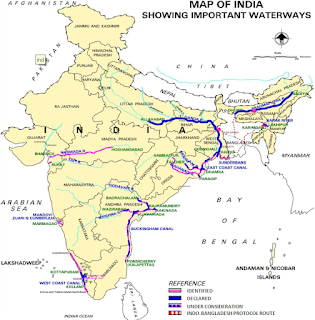1.கற்க கசடறக் கற்பவை கற்றபின்
நிற்க அதற்குத் தக.
பொருள் : கற்கத் தகுந்த நூல்களைக் குற்றமறக் கற்க வேண்டும்; அவ்வாறு கற்ற பிறகு கற்ற கல்விக்குத் தக்கவாறு நெறியில் நிற்க வேண்டும்.
2.எண்ணென்ப ஏனை எழுத்தென்ப இவ்விரண்டும்
கண்ணென்ப வாழும் உயிர்க்கு.
பொருள் : எண் என்று சொல்லப்படுவன, எழுத்து என்று சொல்லப்படுவன ஆகிய இருவகைக் கலைகளையும் வாழும் மக்களுக்குக் கண்கள் என்று கூறுவர்.
3.கண்ணுடையர் என்பவர் கற்றோர் முகத்திரண்டு
புண்ணுடையர் கல்லா தவர்.
பொருள் : கண்ணுடையவர் என்று உயர்வாகக் கூறப்படுகின்றவர் கற்றவரே; கல்லாதவர் முகத்தில் இரண்டு புண் உடையவர் ஆவர்.
4.உவப்பத் தலைக்கூடி உள்ளப் பிரிதல்
அனைத்தே புலவர் தொழில்.
பொருள் : மகிழும்படியாகக் கூடிப் பழகி. (இனி இவரை எப்போது காண்போம் என்று) வருந்தி நினைக்கும் படியாகப் பிரிதல் புலவரின் தொழிலாகும்.
5.உடையார்முன் இல்லார்போல் ஏக்கற்றுங் கற்றார்
கடையரே கல்லா தவர்.
பொருள் : செல்வர்முன் வறியவர் நிற்பதுபோல் (கற்றவர்முன்) ஏங்கித் தாழ்ந்து நின்றும் கல்வி கற்றவரே உயர்ந்தவர்; கல்லாதவர் இழிந்தவர்.
6.தொட்டனைத் தூறும் மணற்கேணி மாந்தர்க்குக்
கற்றனைத் தூறும் அறிவு.
பொருள் : மணலில் உள்ள கேணியில் தோண்டிய அளவிற்கு நீர் ஊறும்; அதுபோல், மக்களுக்குக் கற்ற கல்வியின் அளவிற்கு அறிவு ஊறும்.
7.யாதானும் நாடாமால் ஊராமால் என்னொருவன்
சாந்துணையுங் கல்லாத வாறு.
பொருள் : கற்றவனுக்குத் தன் நாடும் ஊரும்போலவே வேறு எதுவாயினும் நாடாகும்; ஊராகும்; ஆகையால் ஒருவன் சாகும்வரையில் கல்லாமல் காலங்கழிப்பது ஏன்?
8.ஒருமைக்கண் தான்கற்ற கல்வி ஒருவற்கு
எழுமையும் ஏமாப் புடைத்து.
பொருள் : ஒரு பிறப்பில் தான் கற்ற கல்வியானது அப்பிறப்பிற்கு மட்டும் அல்லாமல் ஒருவனுக்கு எழுபிறப்பிலும் உதவும் தன்மையுடையதாகும்.
9.தாமின் புறுவது உலகின் புறக்கண்டு
காமுறுவர் கற்றறிந் தார்.
பொருள் : தாம் இன்புறுவதற்குக் காரணமான கல்வியால் உலகமும் இன்புறுவதைக் கண்டு, கற்றறிந்த அறிஞர் மேன்மேலும் (அக்கல்வியையே, விரும்புவர்.
10.கேடில் விழுச்செல்வம் கல்வி யொருவற்கு
மாடல்ல மற்றை யவை.
பொருள் : ஒருவனுக்கு அழிவு இல்லாத சிறந்த செல்வம் கல்வியே ஆகும்; கல்வி தவிர மற்றப் பொருள்கள் (அத்தகைய சிறப்புடைய ) செல்வம் அல்ல.






